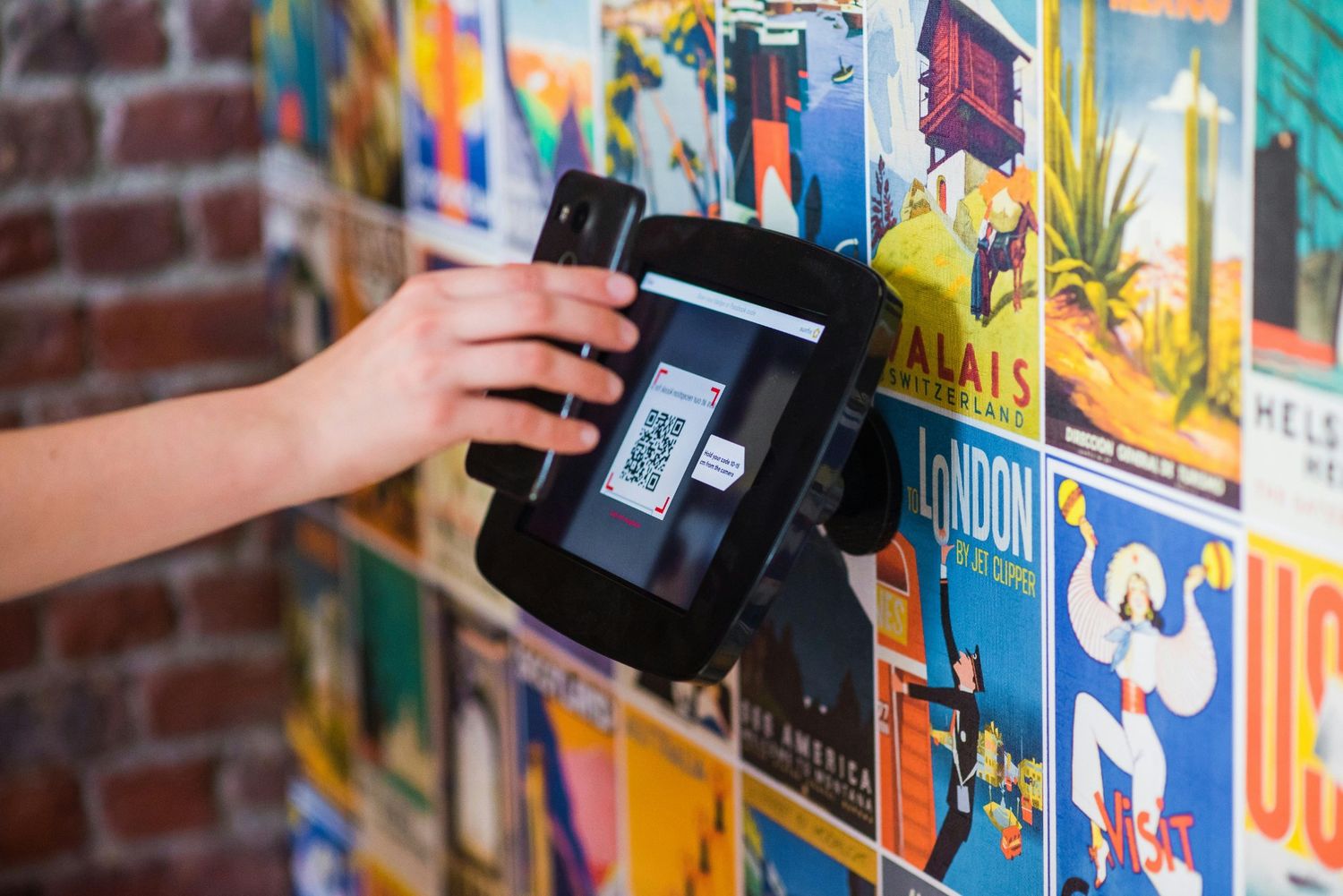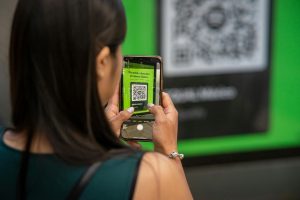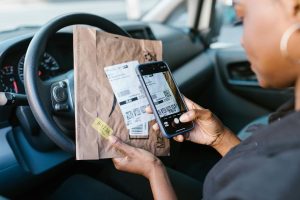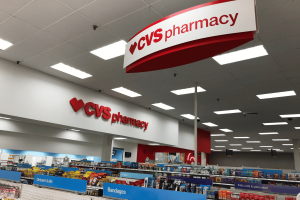In the ever-evolving world of digital marketing, businesses are constantly seeking new ways to engage their customers in meaningful and personalized ways. Traditional marketing strategies are no longer enough to keep customers engaged; the modern consumer expects tailored experiences. QR code marketing campaigns have emerged as a powerful tool that not only provides convenience but also allows businesses to deliver highly personalized content to their target audience.
This blog explores the exciting potential of QR code marketing campaigns in delivering personalized customer engagement. By using QR codes effectively, businesses can enhance customer experiences, improve brand loyalty, and drive higher conversions.
Understanding the Power of QR Code Marketing Campaigns
QR codes, or Quick Response codes, have gained significant popularity over the last decade, particularly due to their ability to seamlessly connect offline experiences with digital content. A QR code is a two-dimensional barcode that can store a variety of information, such as URLs, contact information, and even multimedia content. Scanning a QR code with a smartphone or a dedicated QR code reader directs users to the associated content.
However, beyond simple URL redirection, QR codes have the potential to revolutionize how brands interact with customers. When used strategically, QR code marketing campaigns can provide personalized content that meets the unique needs and preferences of consumers, helping businesses stand out in an increasingly crowded marketplace.
How QR Code Marketing Campaigns Enable Personalized Engagement
Personalization in marketing is about offering relevant and tailored content based on customer behaviors, interests, and past interactions. With QR code marketing campaigns, businesses can deliver highly personalized content in several ways:
Location-Based Personalization
QR code marketing campaigns can be enhanced by leveraging the customer’s location. By using geolocation data, businesses can send tailored offers or content to customers based on their physical proximity to specific locations.
For example, a retail store could place a QR code at the entrance of the store or near specific products, offering a personalized discount based on the shopper’s previous purchases or browsing history. If a customer scans the QR code, they could receive an exclusive offer on a product category they frequently purchase or a coupon for items they’ve previously browsed online.
Behavioral Personalization
Behavioral data is a goldmine for personalized marketing. When customers engage with your brand through various touchpoints (website visits, social media, email campaigns), you gain valuable insights into their preferences and behaviors. QR code marketing campaigns can leverage this data to deliver personalized experiences based on what customers have shown interest in.
For example, a customer who frequently purchases fitness products from your e-commerce website could be presented with a QR code on the packaging of their latest order, offering them a personalized recommendation for a new product based on their previous purchase behavior. By scanning the QR code, they could receive personalized product suggestions or special discounts on items aligned with their interests.
Customizing Loyalty Programs
One of the most effective ways to personalize customer engagement is through loyalty programs. QR codes can seamlessly integrate with loyalty initiatives by allowing businesses to track and reward customer activity.
A clothing brand, for example, might offer a loyalty program where customers can scan QR codes on in-store tags to check their point balance and unlock personalized rewards. These rewards could be based on their purchase frequency, total spend, or specific product preferences.
Seamless Integration with Mobile Apps
In today’s mobile-first world, a seamless user experience is essential. QR code marketing campaigns can be used to drive customers to mobile apps, where personalized experiences can be further enhanced. When customers scan a QR code, they can be directed to an app’s specific page tailored to their interests or needs.
For example, a restaurant chain could use QR codes on tables or receipts to invite customers to download their mobile app. Upon downloading, customers would receive personalized menus, loyalty points, or tailored promotions based on their previous orders or location.
Creating Effective QR Code Marketing Campaigns for Personalized Engagement
To create truly effective QR code marketing campaigns that deliver personalized customer engagement, there are several best practices that marketers should follow:
Keep It Simple and Easy to Scan
The main advantage of QR codes is their simplicity and ease of use. Ensure that QR codes are placed in visible and easily accessible locations to maximize scans. Avoid cluttering the code with too much information, as this can reduce scannability. The goal is to make it as easy as possible for consumers to scan the code and access personalized content without hassle.
Ensure Mobile Optimization
Since most QR code scans are done via smartphones, it is crucial to optimize the destination content for mobile devices. This helps improve the user experience and ensures customers are more likely to engage with the content.
Track and Measure Results
One of the key benefits of QR code marketing campaigns is the ability to track and measure customer interactions. By using tools to track QR code scans, businesses can analyze which campaigns are driving engagement and what content is most effective. This data can help marketers optimize future campaigns and further refine their personalization strategies.
Offer Value and Relevance
For personalized QR code marketing campaigns to be effective, the content must be valuable and relevant to the customer. Personalized offers, discounts, product recommendations, and loyalty rewards should be aligned with the customer’s preferences and behavior. The more relevant the content, the more likely customers will engage with the campaign and make a purchase.
Experiment and Test
Like any marketing strategy, QR code marketing campaigns benefit from testing and experimentation. Marketers should test different types of personalized content, varying the location and context of QR codes, and experiment with different types of offers. By analyzing the results of these tests, businesses can fine-tune their campaigns for maximum impact.








